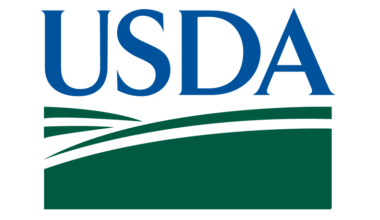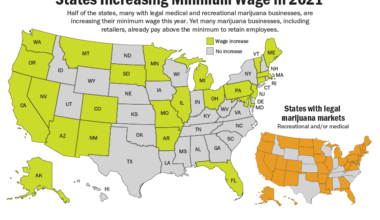
This column appeared in the January edition of Marijuana Business Magazine.
You made it! Through 2020, that is.
But for many in the hemp and CBD business, it’s hard to celebrate.
As the United States opens this year hoping for a reprieve from a merciless pandemic, hemp entrepreneurs have even more crises to confront—plummeting wholesale prices, dwindling investor interest and ongoing legal uncertainty from federal regulators on how hemp can be grown and sold.
Half the CBD businesses in existence when 2020 opened aren’t around today. Wholesale biomass prices are down 80% in some states after reaching historic highs. My inbox is full of emails about large quantities of unsold hemp, along with pleas for help in finding buyers.
It’s a dark time for an industry that to many represents the best path to a healthier planet and a prosperous future for the farm economy.
The Good News
Your business challenges don’t determine your personal worth. Many great people have had businesses fail, made bad investments or gambled on a novel business opportunity that went sour. So, if you lost a business or crop in 2020, you’re in great company.
Farmers are especially vulnerable to blaming themselves for business losses. That’s because so many farmers inherit a family business, and their generational identity is tied to its success.
But resources are available to struggling hemp producers. Nearly every state department of agriculture shares mental-health resources free of charge.
Academia is helping, too. I highly recommend the free Rural Resilience courses developed by the universities of Illinois and Wisconsin and Michigan State University, Montana State University and South Dakota State University. Sign up for sessions on tackling farm debt, managing stress in a rural setting and finding mental-health resources far from a big city.
Off the Farm
Growers aren’t the only ones who can be reluctant to ask for help.
Entrepreneurs are known for accepting risks and responsibilities most folks could never stomach, making it a lonely road for founders. They sleep less, worry more and often conflate their companies’ success with their own.
The good news is that here, too, hemp entrepreneurs have abundant resources to find business assistance and counseling.
I especially like the free “Startup Therapy” podcast from Wil Schroter and Ryan Rutan. They talk about the real problems founders face steering new businesses. Some of their best advice is simple but way too easy to forget: “You are not your startup.”
Put that on a T-shirt and wear it under your clothes every day. If your hemp business fails, that doesn’t mean you failed. Likewise, if profits rain down so quickly that you’re fending off fistfuls of investor cash, it doesn’t mean you’re a great person.
Optimism for 2021
I hope I’ve made clear that your success or failure in the hemp industry does not reflect on your personal value. There are countless stories from across the hemp supply chain about businesses that failed.
Every young industry goes through growing pains. The dot-com bubble of the late 1990s and early 2000s threw many Americans out of work. It did not mean that the internet failed or that e-commerce was a fleeting trend.
The same is true for hemp. Looking ahead to the new year, let’s focus on the potential this plant represents for entrepreneurs as well as the planet.
So consider 2020 an ugly spot in the rearview mirror. It was painful—and even deadly—for many. Let’s find out together what’s in front of us.
Kristen Nichols is editor of Hemp Industry Daily. She can be reached at [email protected].
Medical Disclaimer:
The information provided in these blog posts is intended for general informational and educational purposes only. It is not a substitute for professional medical advice, diagnosis, or treatment. Always seek the advice of your physician or other qualified healthcare provider with any questions you may have regarding a medical condition. The use of any information provided in these blog posts is solely at your own risk. The authors and the website do not recommend or endorse any specific products, treatments, or procedures mentioned. Reliance on any information in these blog posts is solely at your own discretion.






